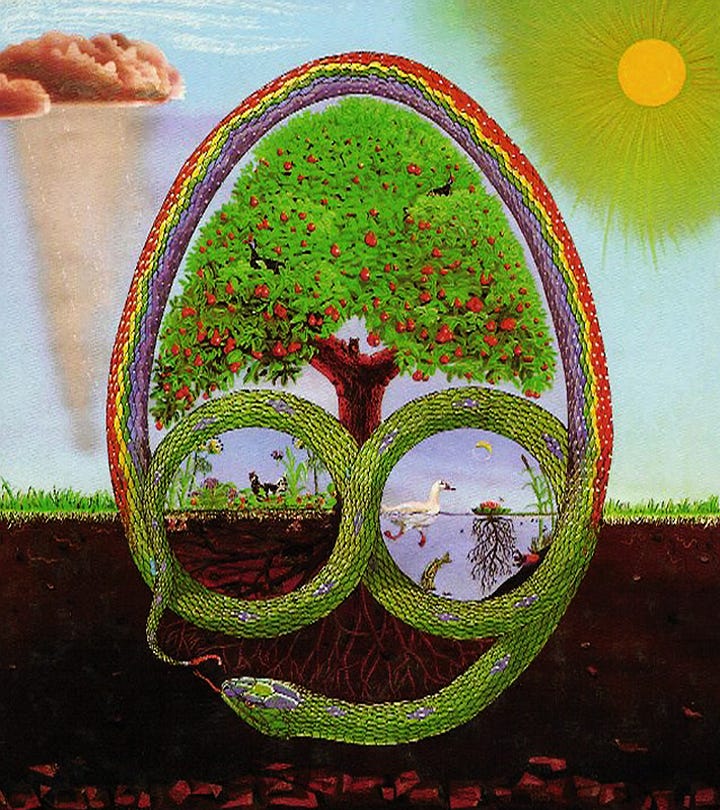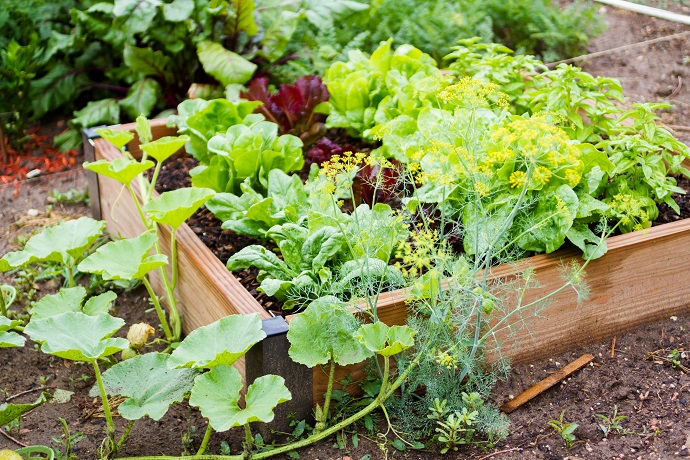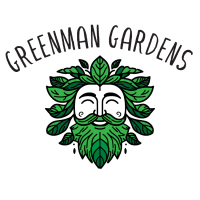Permaculture design is a holistic approach to sustainable living that mimics natural ecosystems to create resilient and productive environments. At its core, permaculture emphasizes thoughtful observation and integration of natural patterns, resulting in resilient and regenerative systems. By incorporating principles such as diversity, interdependence, and resource efficiency, permaculture design aims to meet human needs while enhancing ecological health.
START PRODUCING FOOD AT HOME WITH SIMPLE SYSTEMS
One of the key benefits of permaculture design is its ability to promote self-sufficiency and resilience. By carefully selecting and arranging plants, animals, and structures within a landscape, permaculture systems can provide a diverse array of food, fiber, and other resources, reducing dependence on external inputs.
The emphasis on closed-loop systems and renewable energy sources minimizes waste and energy consumption, making permaculture designs more adaptable to changing environmental conditions.
HELP REVITALISE YOUR SOIL SO IT CAN HELP YOU
Another advantage of permaculture design is its focus on regenerating and improving the health of the land. Through practices such as mulching, composting, and rainwater harvesting, permaculture systems build soil fertility, enhance biodiversity, and mitigate erosion and water runoff. By working with, rather than against, natural processes, permaculture designers can create landscapes that not only sustain themselves but also contribute to the overall health and resilience of the surrounding ecosystems. In essence, permaculture design offers a path towards sustainable living that prioritizes ecological integrity, social equity, and long-term prosperity.


Can Permaculture design work for your garden?
By focusing on the health of your soil and land and creating resilient systems to produce food crops, herbs, flowers, or even just an ornamental garden you can reduce inputs like water and fertilizer while still increasing the productivity of a small space.
- Reduce your reliance on water and fertiliser
- Grow a wide variety of plants in a small space
- Minimize the impact of pests and disease via plant diversity
- Create unique and visually appealing productive gardens
- We're certified Permaculture practitioners and are passionate about building gardens that will continue on for many years
